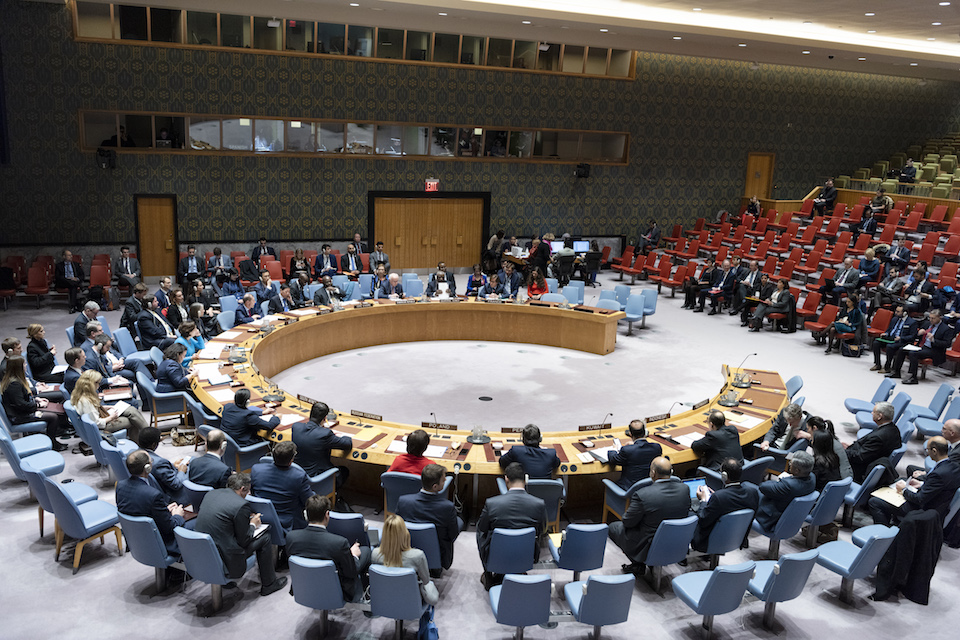Implementing international humanitarian law in Yemen
Statement by Ambassador Karen Pierce, UK Permanent Representative to the UN, at the Security Council briefing on Yemen.

The British government, too, wants to thank the Assistant Secretary-General and the Special Envoy for the hard work that they are doing and their teams. We join others in welcoming the Riyadh agreement and the vital role the Kingdom of Saudi Arabia played in brokering that, and we share South Africa’s point, an emphasis on inclusivity. I think on momentum and on making best use of next year, our Indonesian, German and Côte D’Ivorian colleagues put it very well, and we, too, share that sense of hope that something really meaningful can be done.
I wanted to say that, Martin, we welcome your continued consultations between the parties. It’s important that the Riyadh agreement and de-escalation efforts are integrated into a wider, inclusive political process. And we would urge you and Saudi Arabia to work closely to ensure that the respective initiatives are integrated and enabling a holistic approach. The Council, the wider community needs to be ready to support a renewed peace process and you can count on the United Kingdom to do its utmost in that regard. And we hope for broader implementation of the Stockholm agreement to continue in parallel with these efforts.
Turning to humanitarian, as the Assistant Secretary-General said, this is a very sobering picture; I share German concerns on this. The United Kingdom has committed nearly $1 billion of assistance since the conflict began and over a quarter of this this financial year. We are contributing to the immediate food needs of more than one million Yemenis each month, treating 70,000 children for malnutrition and providing over one million people with improved water supply and basic sanitation. So we don’t underestimate at all the scale and the enormity of the task and we applaud all those who work on the ground to deliver aid to vulnerable people in such difficult and dangerous circumstances.
The Council needs to be confident that the assistance provided by the international community is indeed reaching those in need and that means that it is vital, in turn, that humanitarian access improves right across the country, including in Houthi-controlled areas in the north. And the United Kingdom takes this opportunity to call on the Houthis to engage urgently and constructively with the UN humanitarian coordinator on the ground, Lisa Grande, to ensure that vulnerable people can be accessed and to comply immediately with SCR 2451 by facilitating swift, unhindered and safe humanitarian access.
We know that the operating environment for humanitarian organisations is almost impossible; in the north, 60 percent of humanitarian sub-agreements this year have not been signed by the Houthis and that affects four million people. This is obviously something that cannot continue. Humanitarian organisations are ready to save lives. They must be allowed to do their jobs.
Turning to the safer oil tanker, a number of representatives mentioned that today, we share concerns. We think an action by the Houthis on this issue is reckless. We call on them to allow the UN team access to the tanker before it’s too late.
I want to say a quick word about the economy. The progress made recently between the parties in facilitating fuel imports through the Red Sea ports is very welcome. It is now vital that the government of Yemen and the Houthis engage constructively with the UN to agree an effective mechanism for port revenue sharing. A long-term solution needs to be secured so that sufficient levels of fuel can enter the Red Sea ports each month.
Finally, I wish to conclude by echoing what Germany and Belgium said about the importance of implementing International Humanitarian Law unconditionally.